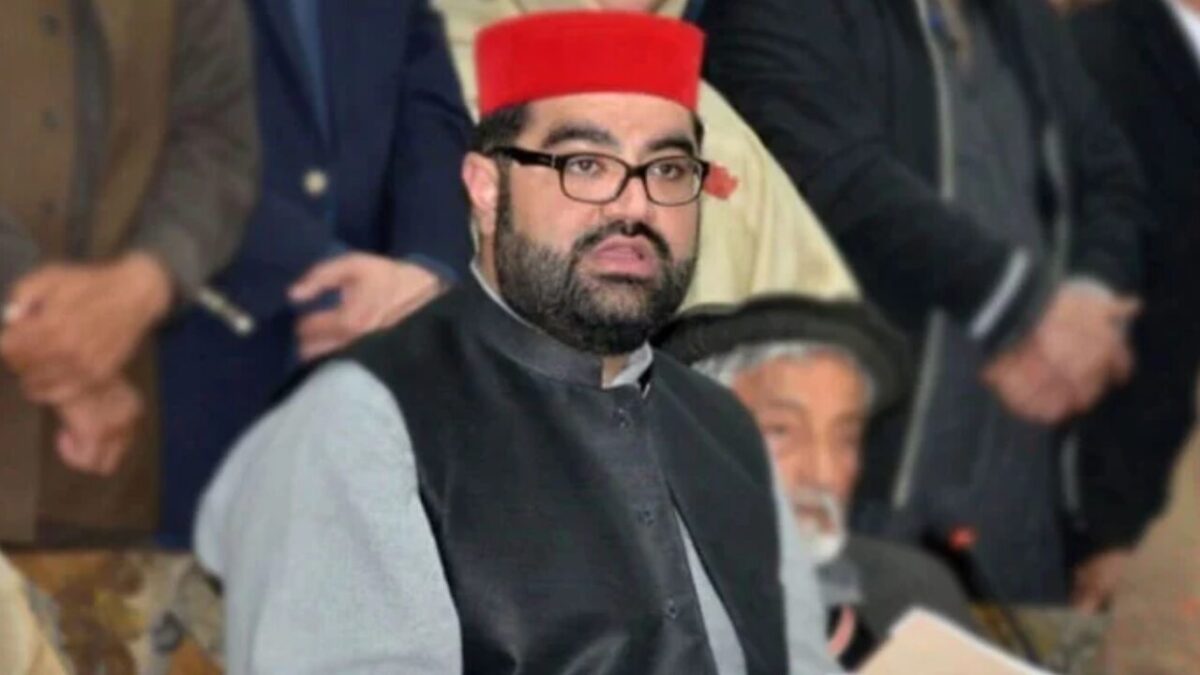ISLAMABAD, Pakistan — Senator Aimal Wali Khan, chief of the Awami National Party (ANP), criticized Pakistan’s past policies for creating a dangerous security situation in Khyber Pakhtunkhwa, claiming that state institutions remain populated by Taliban sympathizers.
Speaking in the Senate on Wednesday, Khan accused successive governments of enabling militant groups for financial gain, which he said has left his province vulnerable to escalating violence.
Khan claimed that Khyber Pakhtunkhwa (KP) has been deliberately turned into “a heap of gunpowder” as a result of the state’s support for Talibanization in pursuit of “petrodollars.” He cited examples of state complicity, including the settlement of the Haqqani Network in Waziristan and the facilitation of Taliban leaders such as Hibatullah Akhundzada, who was allegedly brought to Balochistan to assume leadership.
“Even today, every institution, including our defense institutions and political parties, is full of Taliban sympathizers or pro-Taliban individuals,” Khan said, asserting that past governments were installed based on the preferences of militant groups.
He pointed to the 2013 general elections as evidence, alleging that the banned Tehreek-e-Taliban Pakistan (TTP) openly supported parties such as Pakistan Muslim League-Nawaz (PML-N), Jamaat-e-Islami (JI), and Pakistan Tehreek-e-Insaf (PTI). He further accused PTI of backing the Taliban and advocating for their mainstreaming.
Khan criticized the lack of implementation of the National Action Plan (NAP) against terrorism, which included measures against facilitators of militants. He accused former Prime Minister Imran Khan and the KP government of facilitating terrorism by resettling militants in the province. “The consequences of these actions are now visible in the worsening situation in areas like Kurram district,” he added.
Khan called for the establishment of a truth and reconciliation commission to acknowledge and address the state’s past mistakes, with a pledge to prevent their recurrence. “It is our bad luck that one army general creates the Taliban, and another is tasked with eliminating them,” he said, urging a united national stance against terrorism.
Senator Kamran Murtaza of Jamiat Ulema-e-Islam-Fazl (JUI-F) raised concerns over the intensifying issue of missing persons in Balochistan, accusing security forces and intelligence agencies of being involved. Murtaza said the problem had sparked protests, with major highways blocked, disconnecting the province from the rest of the country.
“This has eroded the writ of the government in many parts of Balochistan,” Murtaza said, calling for immediate action to address the crisis.
Law Minister Azam Nazeer Tarar informed the Senate that the Commission on Missing Persons had been reconstituted under a retired Supreme Court judge. He added that a financial support package of five million rupees had been provided to families of unresolved cases. A cabinet committee, formed by Prime Minister Shehbaz Sharif, is tasked with resolving the issue within a legal framework.
During the session, PTI Senator Syed Ali Zafar defended former Prime Minister Imran Khan and his wife in the Al-Qadir Trust case, calling the allegations “bogus and fake.” He criticized the judiciary for delays, stating, “In my career as a lawyer, I have never seen a case where the accused is seeking a trial while the judge and judgment are running away.”
Zafar emphasized that ongoing dialogue between the coalition government and PTI aims to restore constitutional rights and ensure the rule of law, not to secure concessions for Khan. “Imran Khan will win his cases from the courts,” he asserted.





